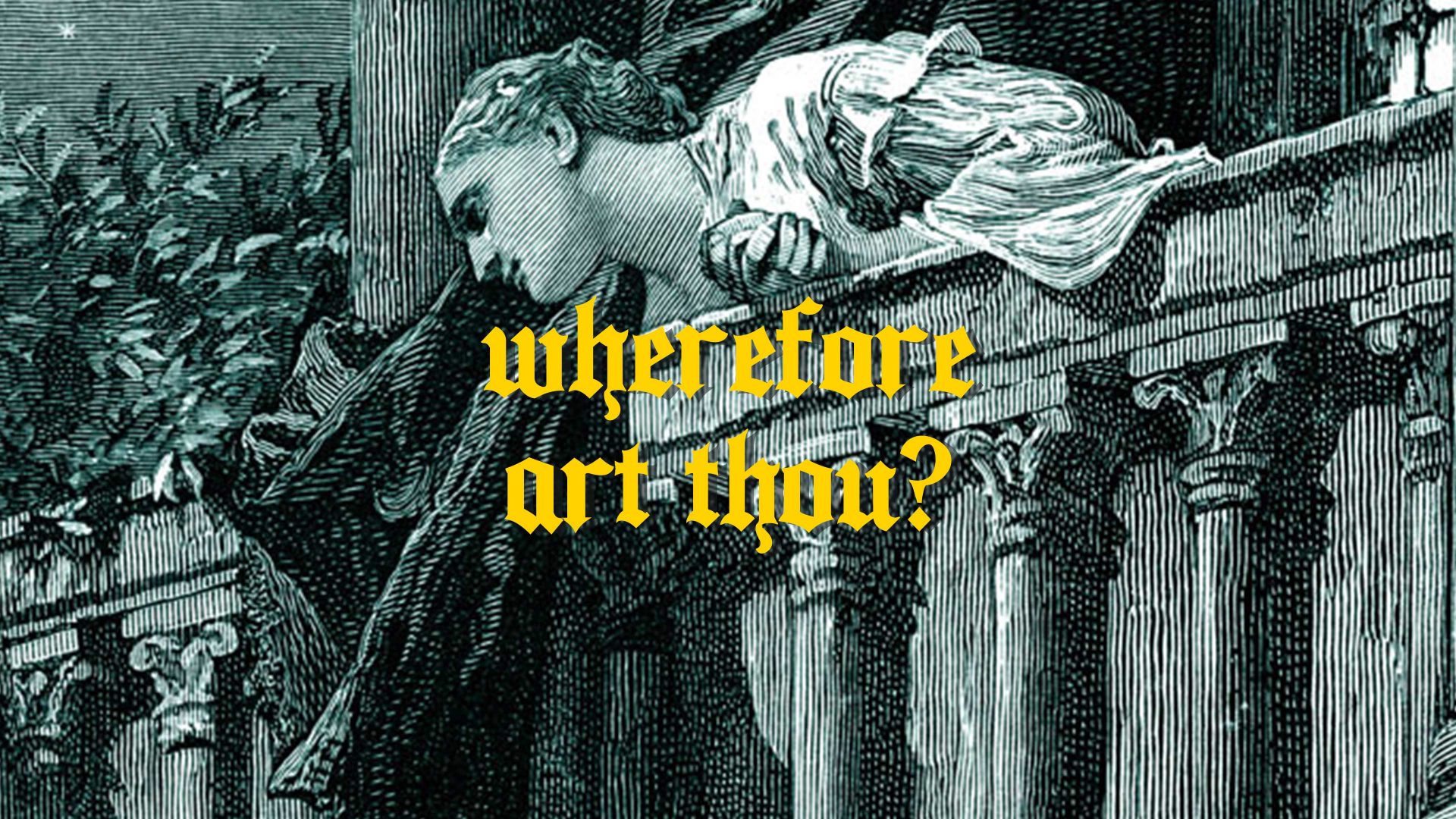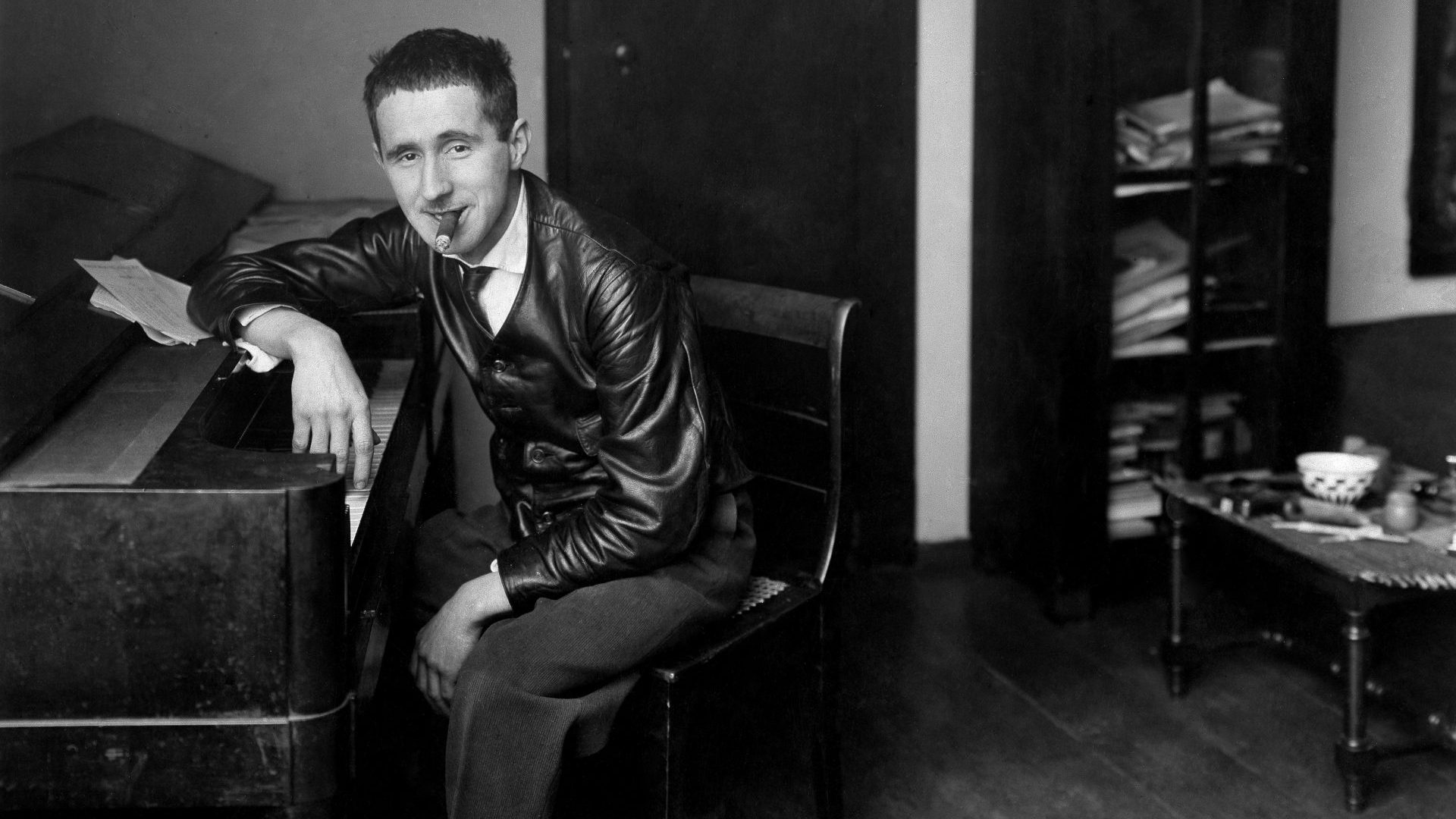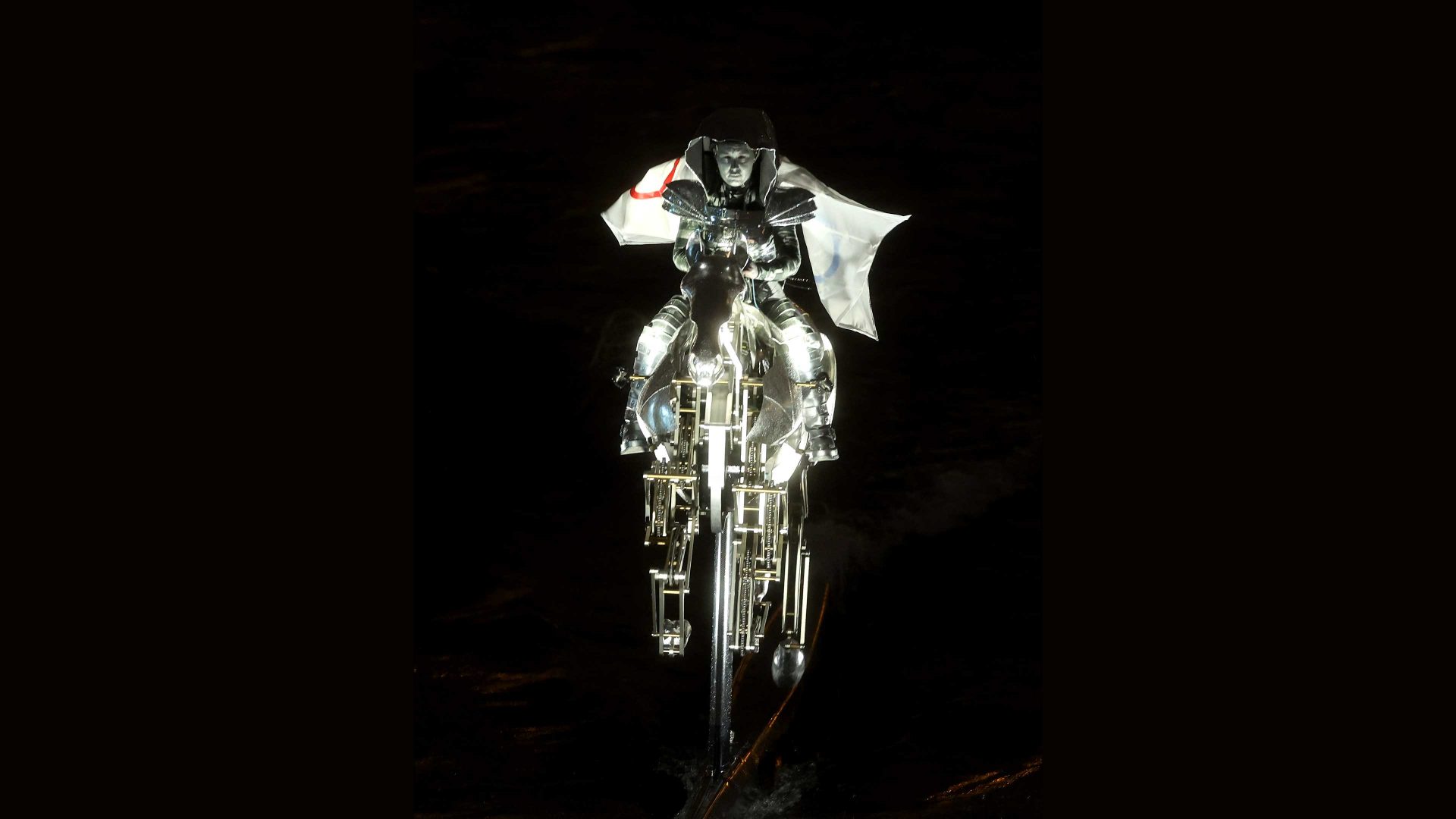“O Romeo, Romeo! wherefore art thou Romeo?” This famous question is asked of Romeo Montague by Juliet Capulet in William Shakespeare’s celebrated 1597 play Romeo and Juliet.
But Juliet’s question is not always properly understood by Modern English speakers. Some people erroneously believe that she is just asking him “where are you?”
This is not too surprising, given that the question Juliet is really asking is, on the face of it, rather an odd one, and because the word wherefore is no longer in common everyday use in the modern form of English we are familiar with.
There is no citation for wherefore in the Oxford English Dictionary more recent than the 1880s, and nearly all of the references which come from the 19th century – including one from Charles Dickens’s novel Oliver Twist – occur in the single phrase “whys and wherefores”.
This last phrase is helpful in assisting modern readers to work out what wherefore actually means – basically, it signifies “why”. Wherefore means “for what reason”, just as therefore means “for that reason”. The word herefore has also occurred during the history of the English language, but it has not been employed since the 1600s, except in Scotland; the Oxford English Dictionary cites this sentence from a Scottish source: “For the sum of twenty pounds, being the consideration herefore given”.
In Shakespeare’s later play Richard II (c1595), Henry Bolingbroke, who subsequently became King Henry I, similarly asks: “Wherefore was I born?” This is much easier to comprehend as a question than “wherefore art thou Romeo?” Juliet’s question is rather odd – after all, why is anybody anybody? – and is normally interpreted by Shakespearean scholars as meaning something like “Why, when I am in love with you, do you have to be Romeo from the Montague family, who are the bitter enemies of my family, the Capulets?”
In older forms of English, and in the other Germanic languages which English and Scots are related to, there are several similar compounded forms involving the word where: whereby, whereof, whereupon, wherein, whereon … Many of these are paralleled by corresponding forms involving here and there.
Whereby is not normally found in questions in contemporary English, but it did formerly occur in interrogative use in the sense of “by what means; how?” In Tyndale’s early original 1526 translation of St Luke’s Gospel, we find “Whereby shall I know this?”, which in more modern translations has simply become “How will I know this?”
In more formal styles, whereby can still be used as a relative pronoun. The Oxford English Dictionary cites the following sentence from a 1918 edition of the Times Literary Supplement: “There is no convention in war whereby the loser can convert disaster into stalemate”.
Thereby is familiar to us from the well-known phrase “thereby hangs a tale”. It also occurs in Scots and Scottish English in conjunction with numerals to render the meaning “close to”, as in Sir Walter Scott’s sentence “There was one maiden of fifteen or thereby”.
And the word hereby – meaning “through or from this fact or circumstance; as a result of this; by this means” – will be familiar to many readers from legalistic language of the type “I hereby declare that the information I have provided is correct”.
RELATIVE PRONOUNS
The most frequent relative pronouns in English are that, who and which, as in “the woman who arrived yesterday”, “the house which was built recently”, and “the dog that I just bought”. There is also the archaic word whom, which is little used in normal everyday English, as in “the woman whom we saw yesterday”.




